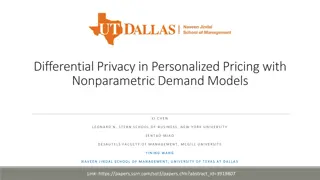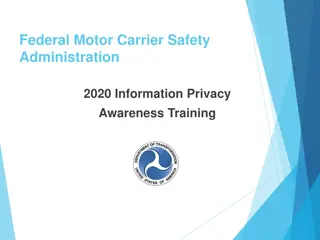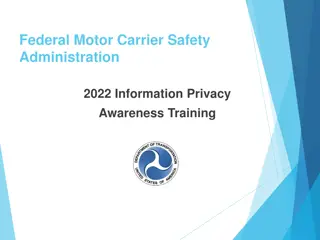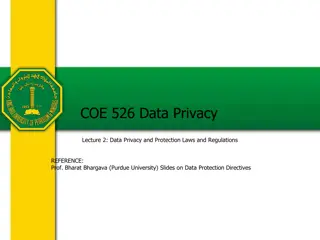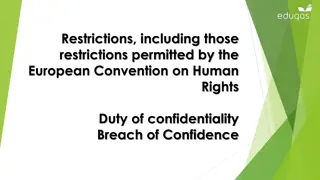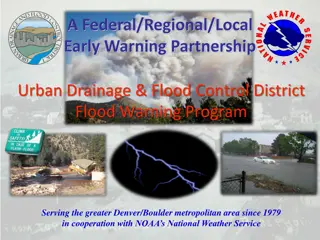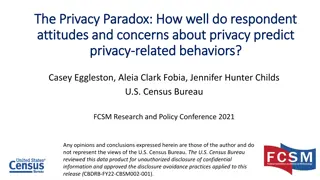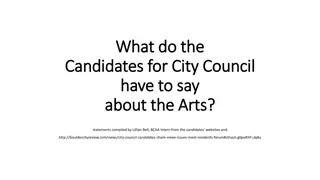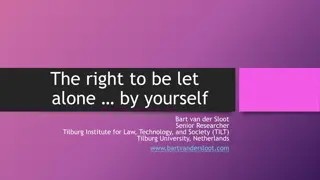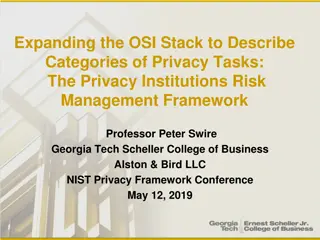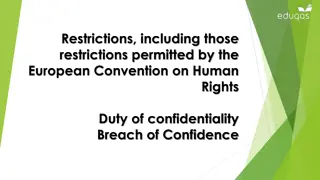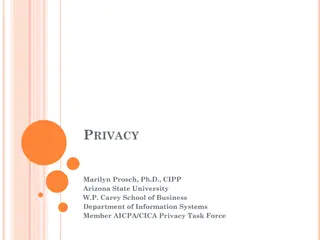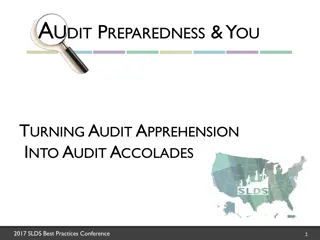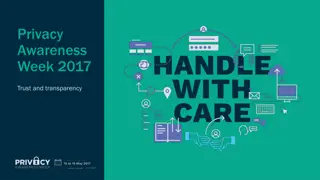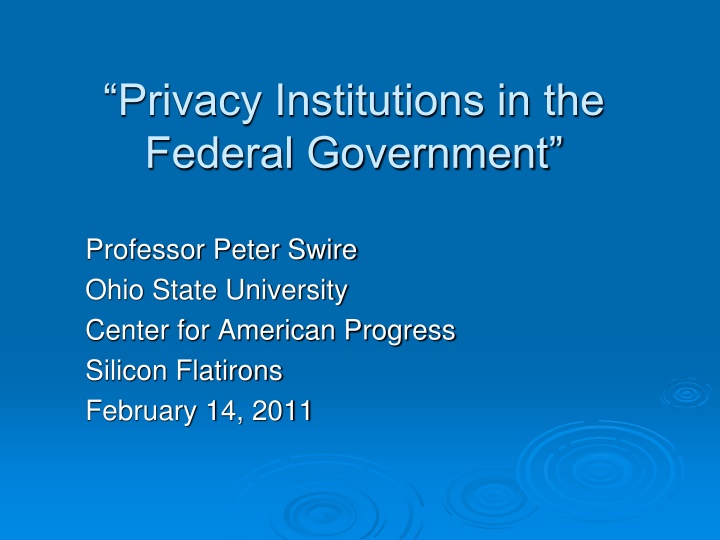
Role of Privacy Institutions in Federal Government Governance
Explore the role of privacy institutions in the federal government, including discussions on the involvement of the Commerce Department, the FTC as a federal privacy agency, and complementary roles for the Commerce Department in protecting privacy rights and overseeing data collection practices.
Download Presentation

Please find below an Image/Link to download the presentation.
The content on the website is provided AS IS for your information and personal use only. It may not be sold, licensed, or shared on other websites without obtaining consent from the author. If you encounter any issues during the download, it is possible that the publisher has removed the file from their server.
You are allowed to download the files provided on this website for personal or commercial use, subject to the condition that they are used lawfully. All files are the property of their respective owners.
The content on the website is provided AS IS for your information and personal use only. It may not be sold, licensed, or shared on other websites without obtaining consent from the author.
E N D
Presentation Transcript
Privacy Institutions in the Federal Government Professor Peter Swire Ohio State University Center for American Progress Silicon Flatirons February 14, 2011
Overview Topic of our panel: role of multi-stakeholder processes for governance What should government role be? Aneesh convener, standards, focus attention Privacy the role of the FTC as enforcer and sometime regulator Need for any other federal institutions for privacy? Agencies have chief privacy officers Privacy and Civil Liberties Board (not yet in place) Point today: Commerce Department has important complementary role Could be housed instead in EOP
The FTC as Federal Privacy Agency Jeff Chester: Having the Commerce Department play a role in protecting privacy will enable the data collection foxes to run the consumer privacy henhouse. This intuition Commerce Department involvement will dilute the effectiveness of the FTC and give industry a new path for upholding privacy-invasive activities by business Current FTC privacy roles include: Enforcement Rulemaking (currently for Can-Spam and COPPA) Convener Institutional Expertise over time Bully pulpit effect shows on recent browser practtices for BT
Complementary Roles for Commerce Clearance key and little understood International position of US government Convening multi-stakeholders Risks and benefits of duplicating FTC To simplify, nimbleness vs. relative lack of multiple perspectives
Every Cabinet Agency Department of Agriculture. Migrant worker records Department of Defense and Veterans Affairs. Records of service members Department of Education. Education records, including for for-profit institutions Department of Energy. Smart grid Department of Health and Human Services. Medical records; many forms of human services records Department of Homeland Security. Numerous issues, including transportation safety and immigration Department of Housing and Urban Development. Public housing records
Clearance (2) Department of Interior. National park reservations and other services provided online Department of Justice. Numerous issues: CALEA, ECPA Department of Labor. Records of union membership Department of State. International privacy issues Department of Transportation. Smart roads Department of Treasury. Financial privacy; money laundering
Where to House Federal Office Commerce Department Possibly greater staffing Better chance of institutional memory International Trade Administration Executive Office of the President More powerful coordination in clearance But, staffing is tight and personnel leave Perhaps model on Howard Schmidt s position as cyber- security coordinator In EOP, but detailees and staffing broader
Conclusion The administration should have a capability on privacy policy Clearance International discussions Inform privacy policy with the insights and expertise from other agencies Insert privacy expertise into other agencies activities That illustrates good reasons to have privacy expertise beyond the FTC Is much more than a cynical ploy to undermine the FTC s efforts

